Unexpected ways time affects game development
Why games are surprisingly hard to pace.
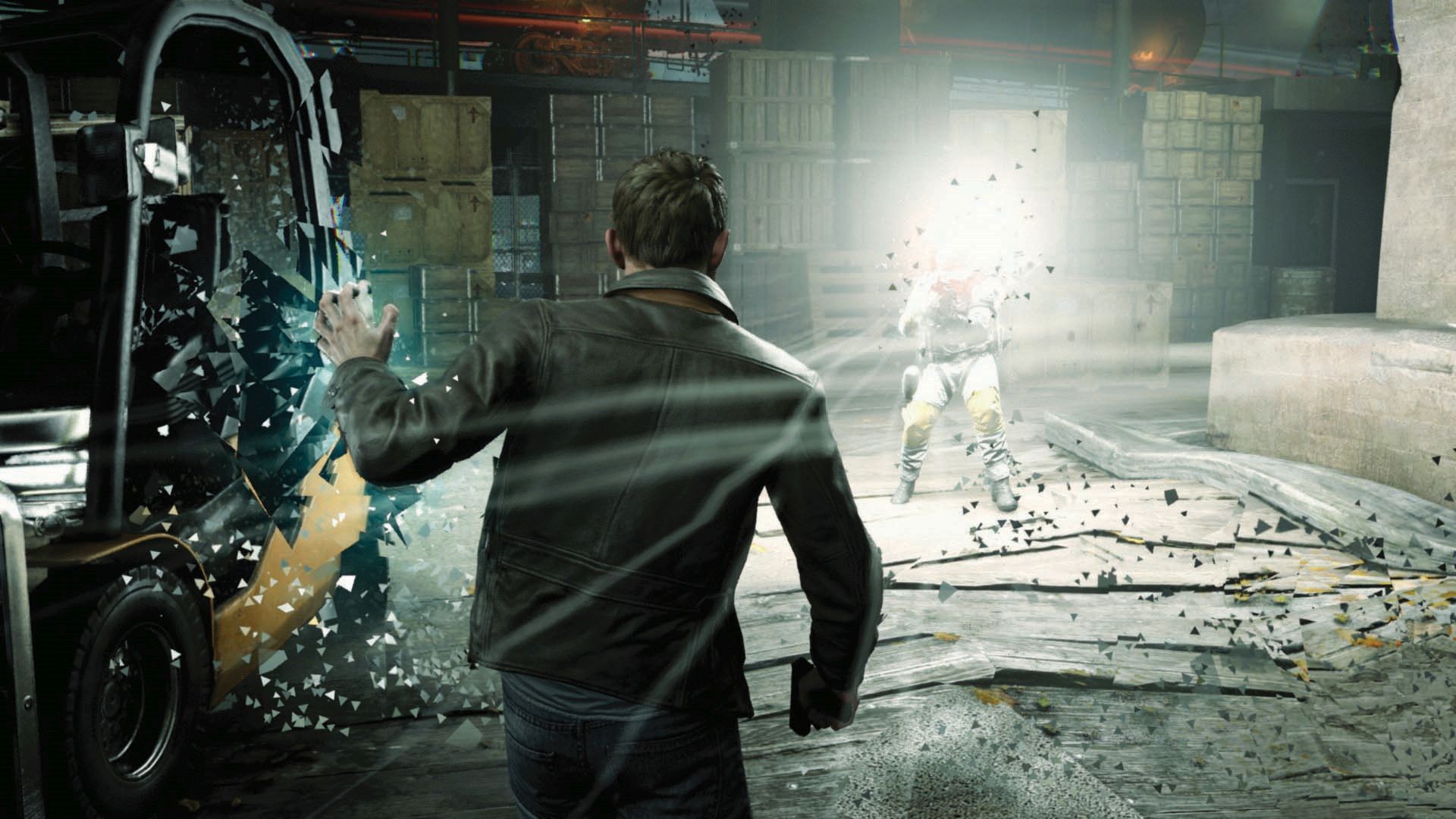
We tend to think of time as something that just works. in games, this couldn’t be further from the truth. The way time is defined and manipulated deep in a game’s code can affect everything from the methods used to design gameplay spaces, to the bugs you encounter on launch day.
“I believe in metrics for a lot of things—door sizes, table heights, safety railing dimensions,” says Brendon Chung, creator of Thirty Flights of Loving and Quadrilateral Cowboy. “For timing of events and scenes, it’s a little bit of a different story. For me it comes down to touch and feel and digging around until something feels right.” It’s a cycle of tweaking and playing which Chung describes as “this messy, organic process”. He offers an example: “Once an area is built out, you suddenly realise you no longer have a sightline to so-and-so place, so you have to relocate this story beat, which then affects that other story beat, and so on.”
Story beats in VR mystery The Invisible Hours were tricky to nail down. Due to the interconnected plots continuously playing out across the game’s mansion, actors had to time their performances to the second to ensure the game’s fundamental concept didn’t break. Narrative director Rob Yescombe calls the philosophy ‘Spherical Narrative’. “Every scene in the entire game is simultaneously setting something up and paying something else off. You leave almost every scene with an answer and a new question,” he says. “I’ve seen people watch the story backwards, or jump around all over the place in a multitude of ways that we never imagined. That freedom, even though we don’t have traditional ‘gameplay’, is what gives you a sense of ownership over your experience—and it’s what stops it from feeling artificial.”
In investigative thriller The Occupation, you play as a reporter with four hours to affect the future of Britain in the wake of a national tragedy. “We don’t pause the game for any reason,” says White Paper Games cofounder Pete Bottomley. “There are a few more linear areas of the game, mostly for hidden tutorialsation purposes, but instead of pausing the game we just allow time to continue ticking away. ... Let’s say the janitor is supposed to clean a certain room at 5pm, as soon as the game hits 5pm, it will deliver a message to that NPC to tell them they have a job to complete,” Bottomley explains. “A cool thing to note here is that all NPCs have their own desires also, so if that janitor has been cleaning a lot of rooms before 5pm and needs to take a short break or get a cup of water, they will. This means that they are not so heavily scripted and predictable.”
Combining predictable events with semi-random conditions can play its own havoc. As Flippfl y cofounder Aaron San Filippo recalls, “In Evergarden, a puzzle game about growing flowers, we decided to add rabbits as a sort of griefer creature. When they appear, they clear-cut through the garden unless you can find a way to block them.” The rabbits were important in adding uncertainty and keeping players on their toes but too many rabbits felt irritating. “Our first pass on the logic for these was to just have them appear at the start of a turn with a given frequency—something like 8 percent. This worked okay, but every once in awhile, you’d have really bad luck and get like five of them in one game.” Analysis showed the odds were working correctly but that didn’t stop rarer outcomes feeling frustrating.
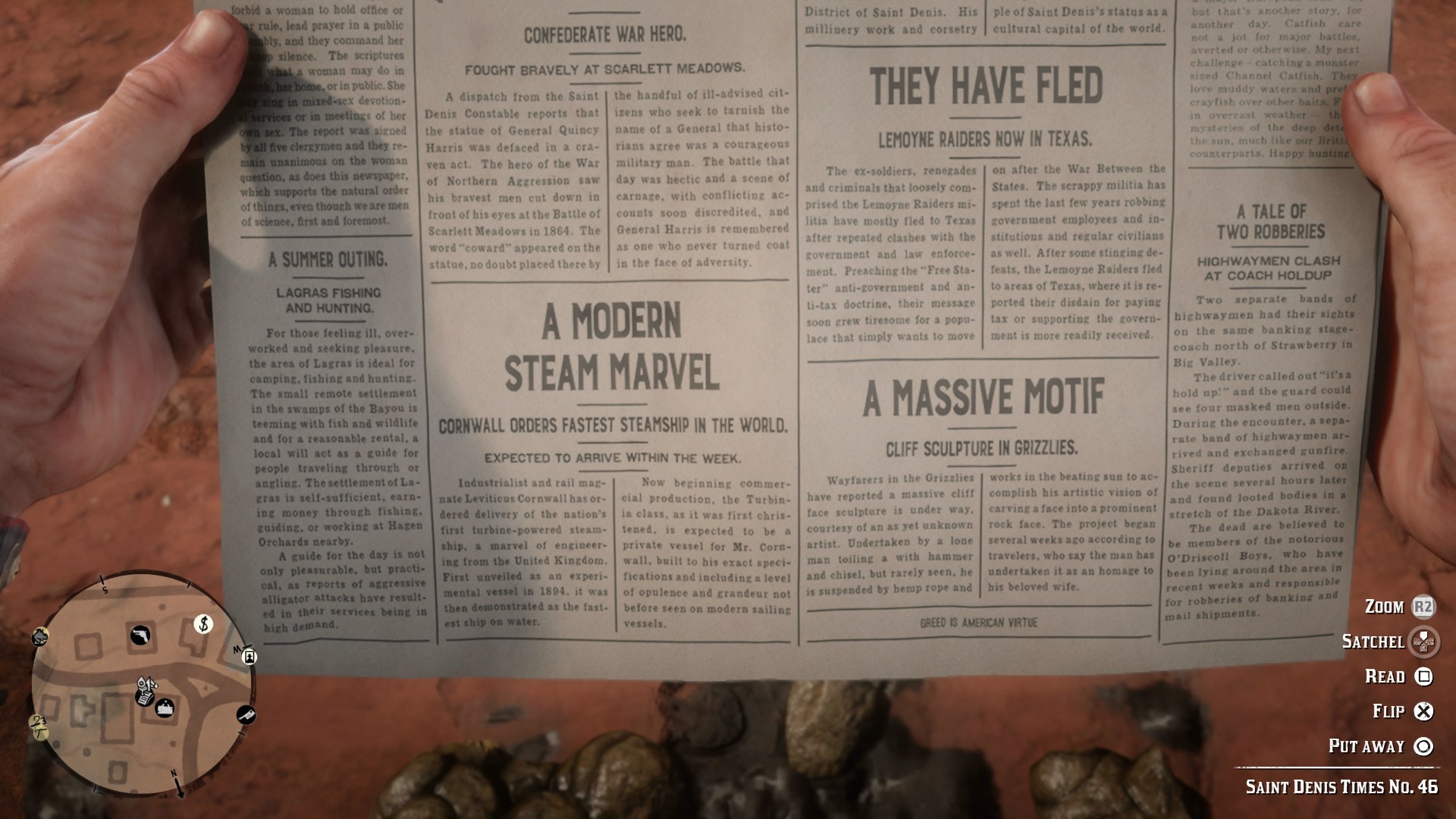
Fallout 4 cheats
Minecraft commands
Red Dead Redemption 2 cheats
GTA 5 cheats
The Sims 4 cheats
Ark: Survival Evolved cheats
First-person roguelike dungeon crawler Delver’s time in Early Access helped to optimise game performance. However, launch day brought an odd hitch to light: “I started hearing reports of people saying that climbing the ladder in the tutorial level took them a literal minute,” developer Chad Cuddigan says. His attempts to reproduce the situation failed. “Finally something clicked when a player mentioned having VSync turned off for their graphics card.” It turned out the player’s machine was rendering the game at over 1000fps, ruining the scaled timestep governing its physics system. That far into development, changing the game to run at a fixed timestep or making physics calculations run independently would be nearly impossible. “The final fix still haunts me,” Cuddigan admits. “The timestep is still dynamic but it has a cap around 120fps. After that, physics stops but the game keeps rendering.”
Time may not be reliable, but the range of problems developers will encounter remains as consistent as ever.
The biggest gaming news, reviews and hardware deals
Keep up to date with the most important stories and the best deals, as picked by the PC Gamer team.
Working against time to create stories
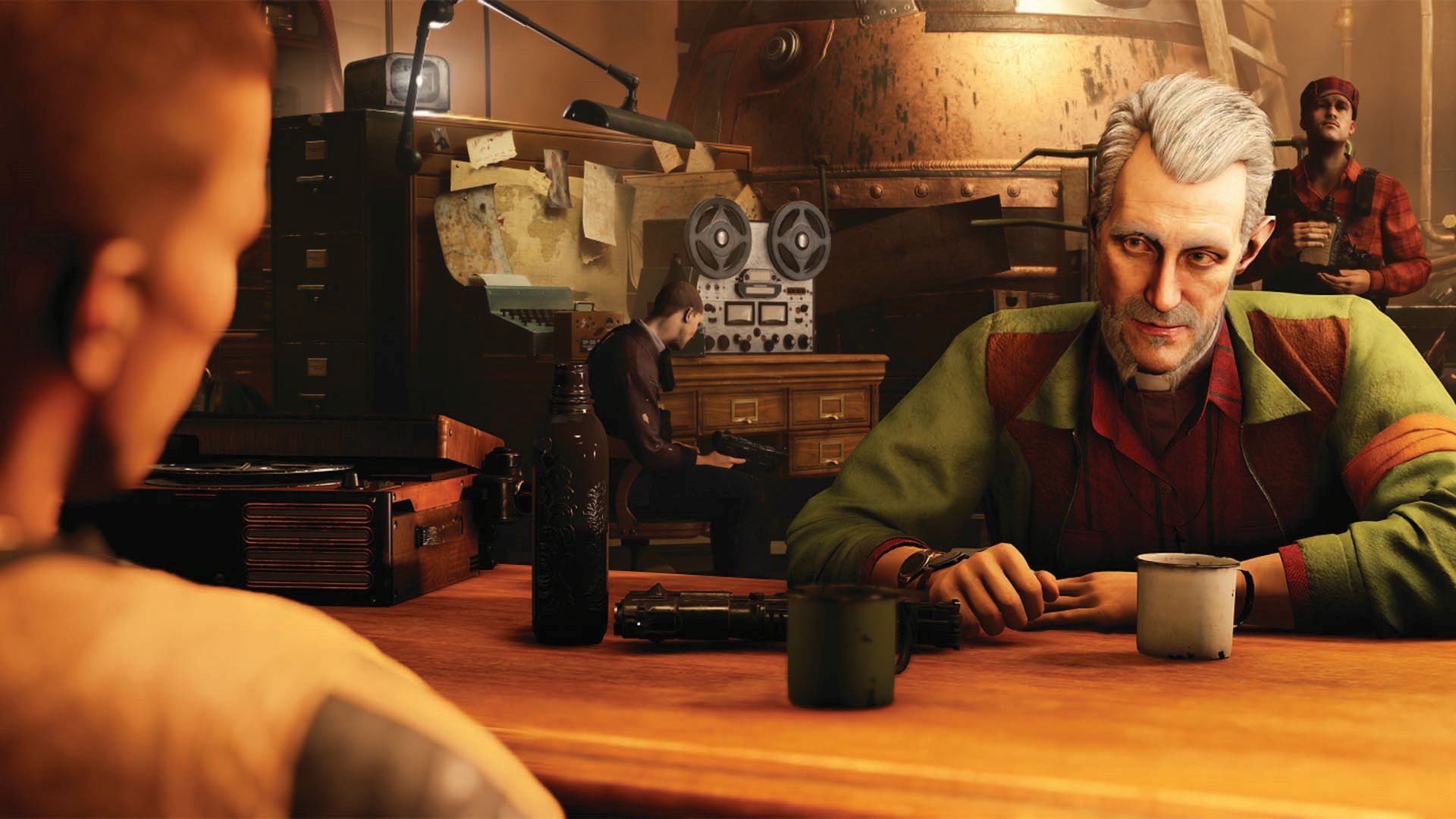
Voice lines
Before a line of spoken dialogue can be performed, the space set aside for it (length, purpose, physical setting, etc) must be defined, and this space is subject to change at any time during a game’s development.
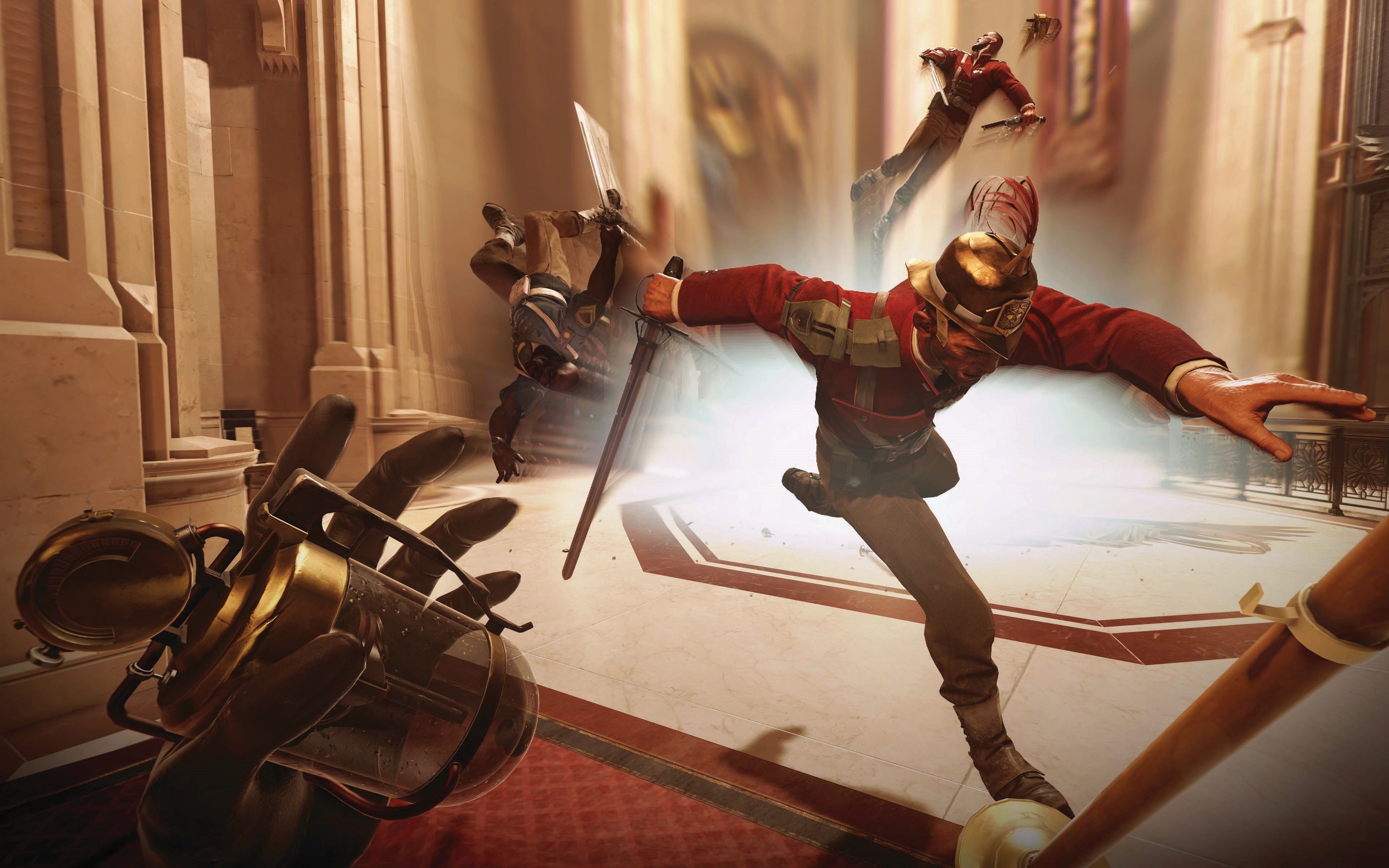
Production changes
Say a walkway conversation is cut in half. Now, the dialogue written to fill it is too long, meaning a vital plot point can’t be communicated. Therefore, the story must be changed in some way in order to compensate for this.
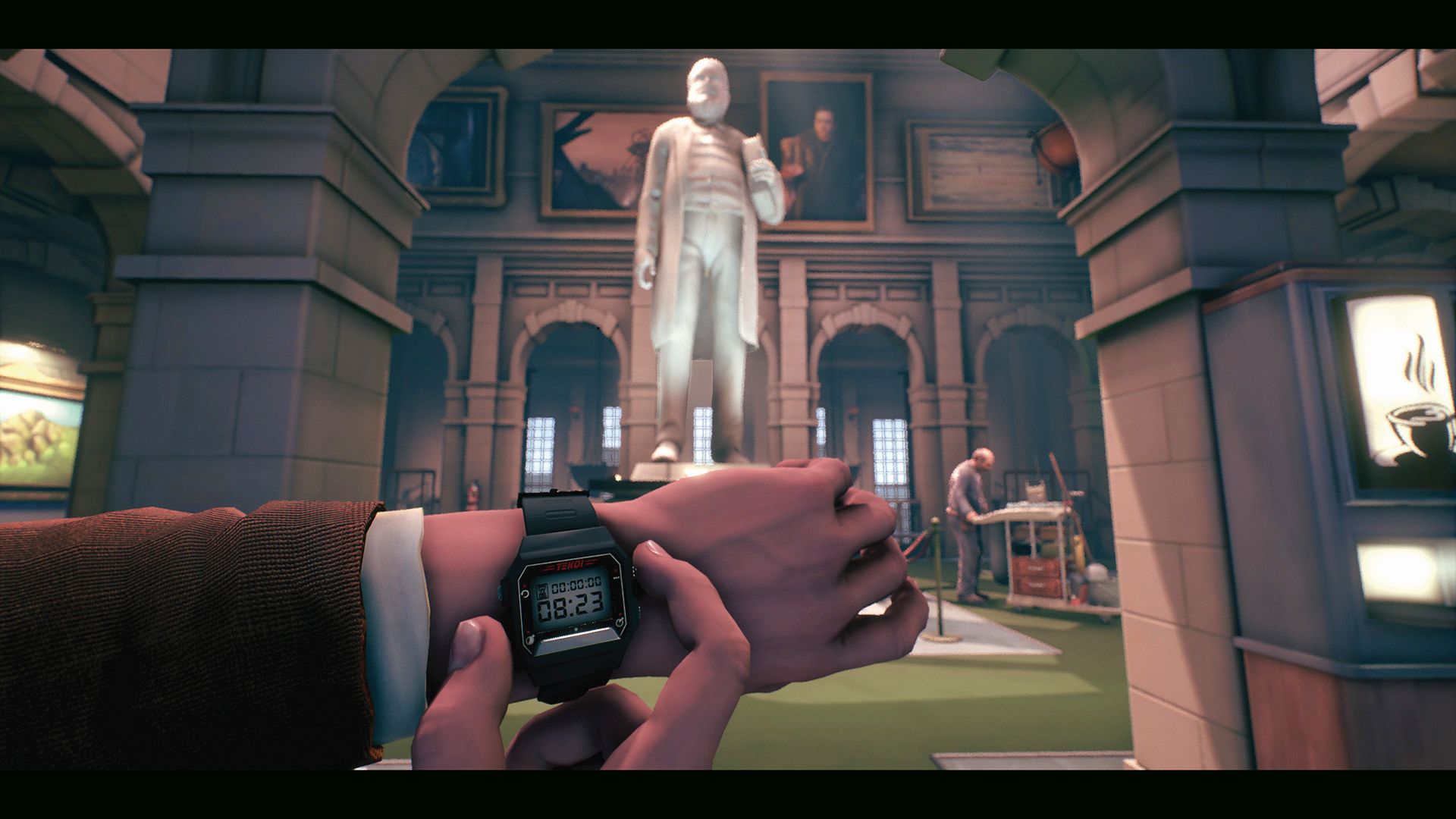
Relativity
Let’s say a scripted event occurs 2.7 seconds after a player walks through a door, dialogue then plays 0.2 seconds after that, and so on. If you change the timing of the original events… everything breaks.
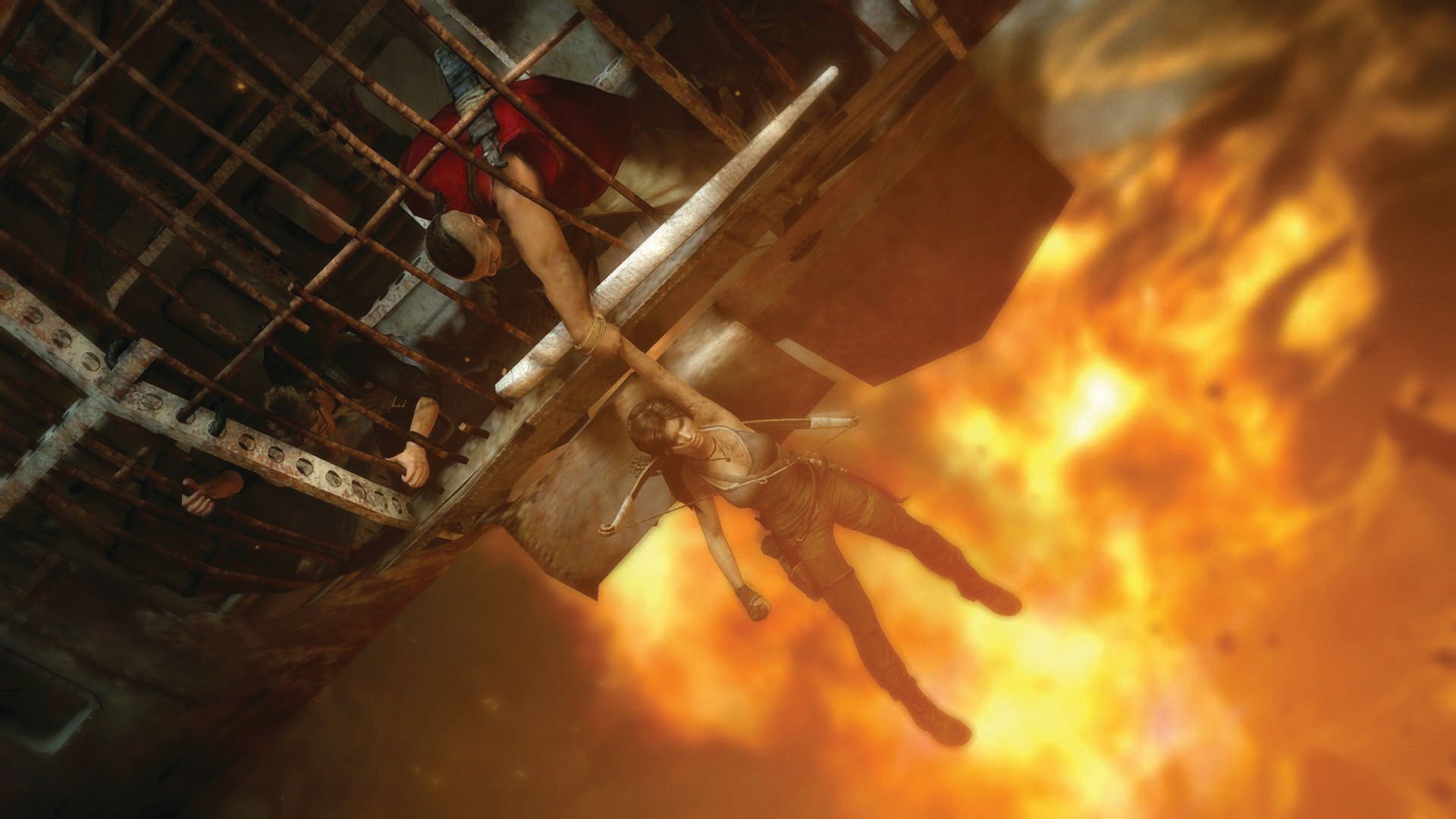
Chaos
When one isn’t using relative time, caution is still required. Even one mistyped number in noting when a line should play can have a cascading effect, breaking other lines and event triggers beyond repair.

